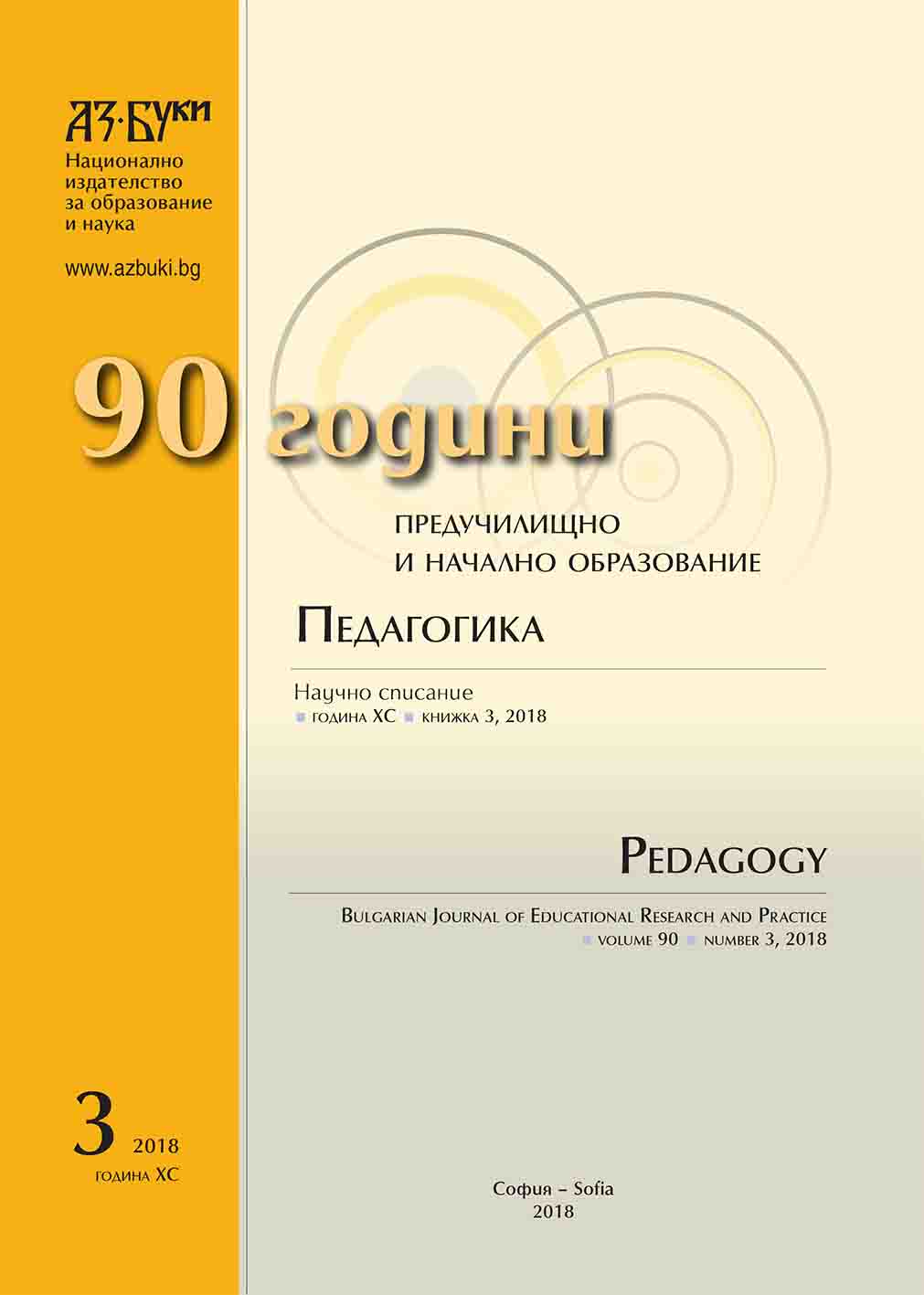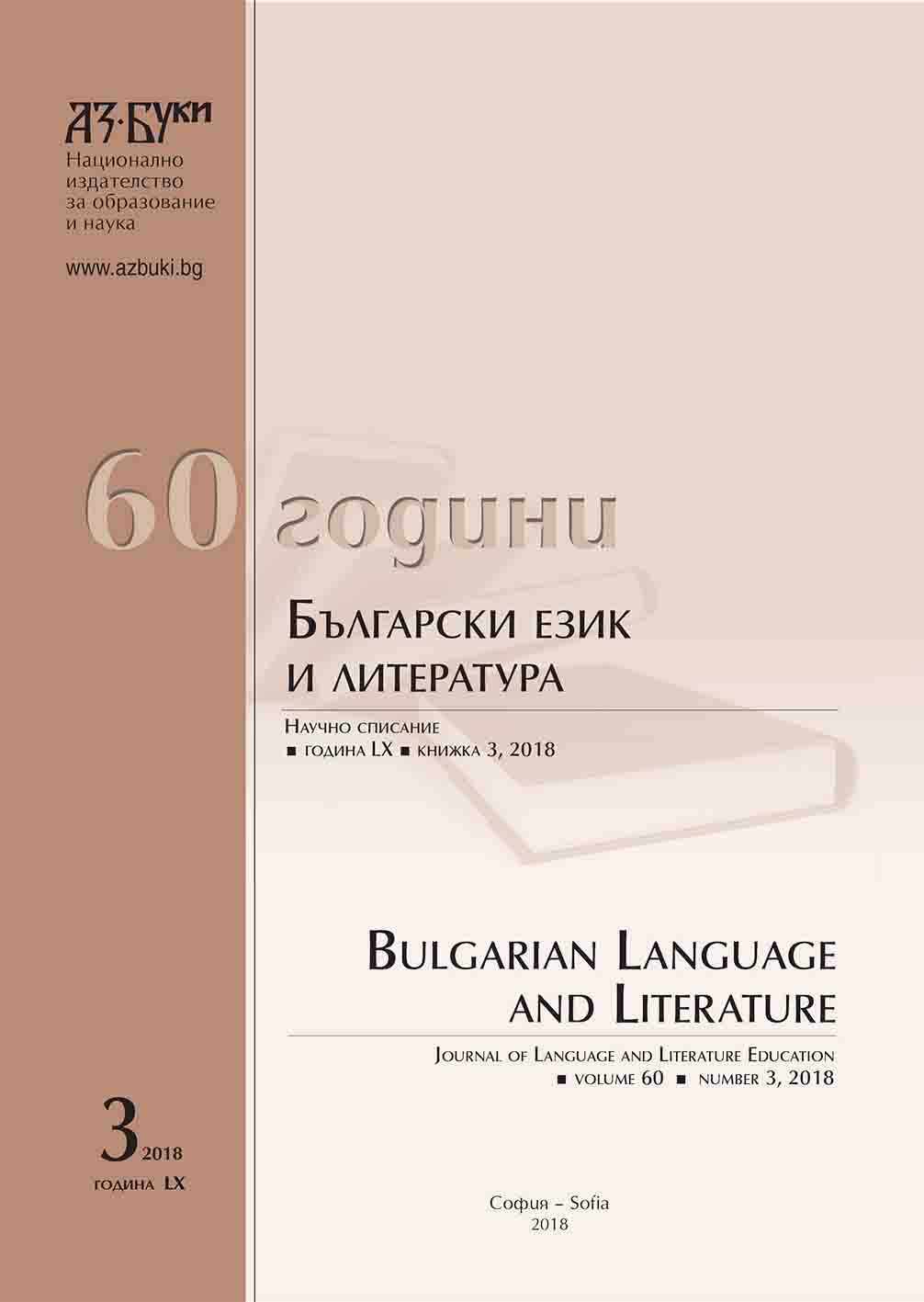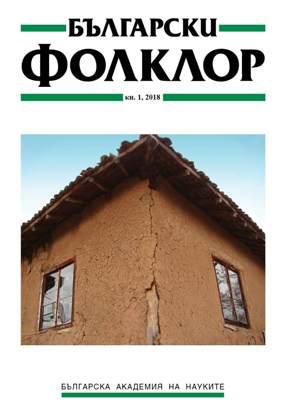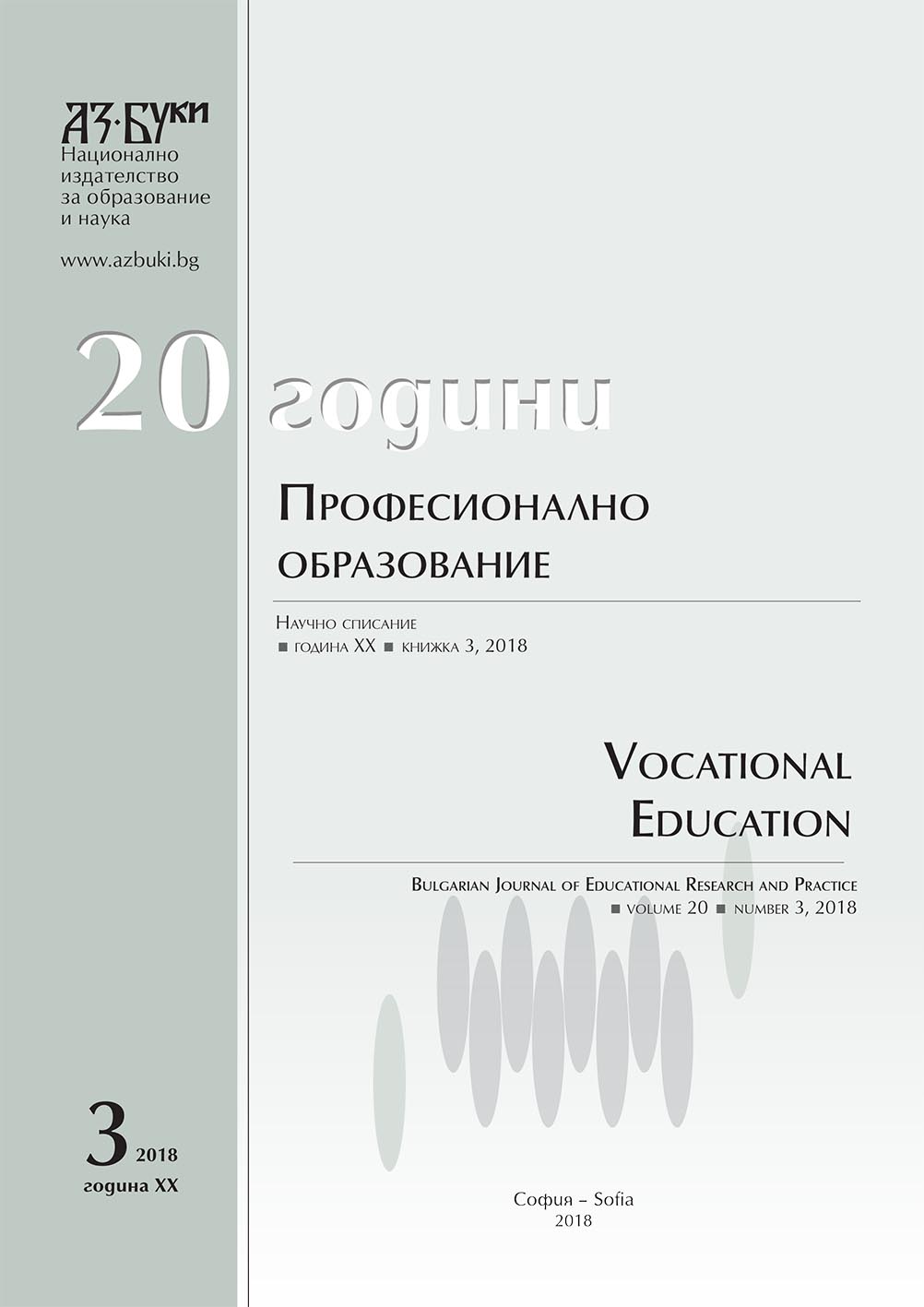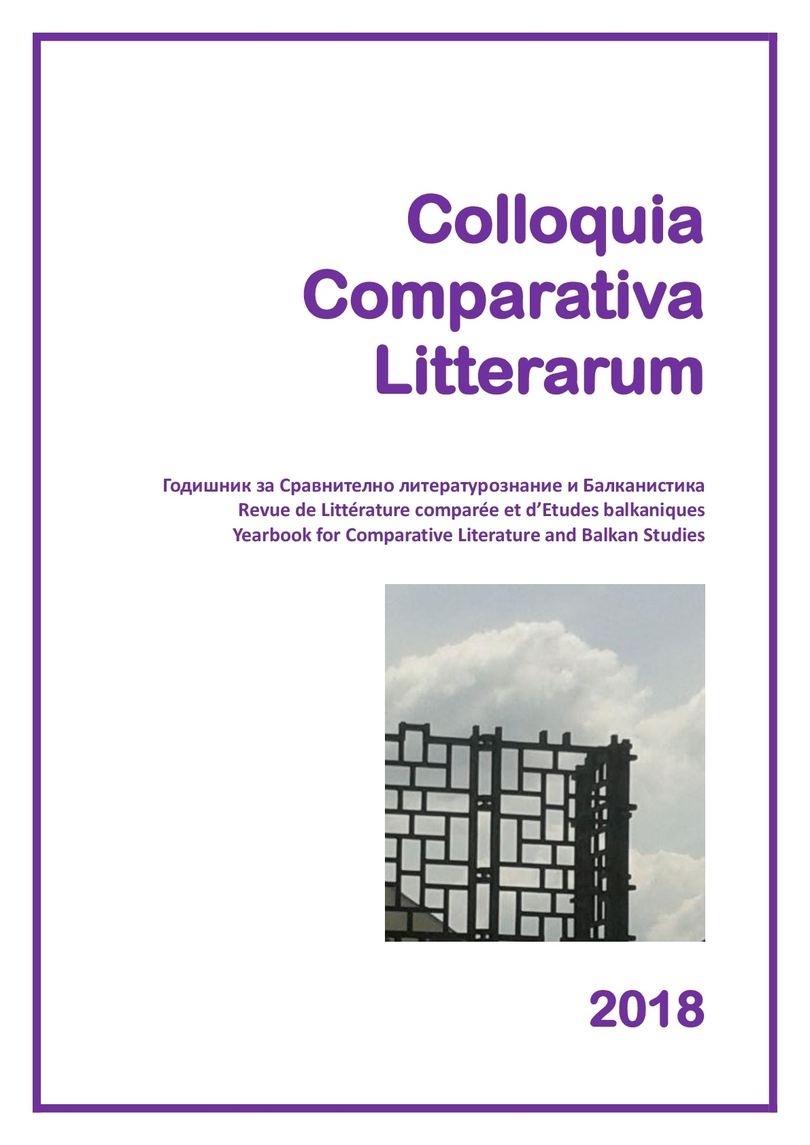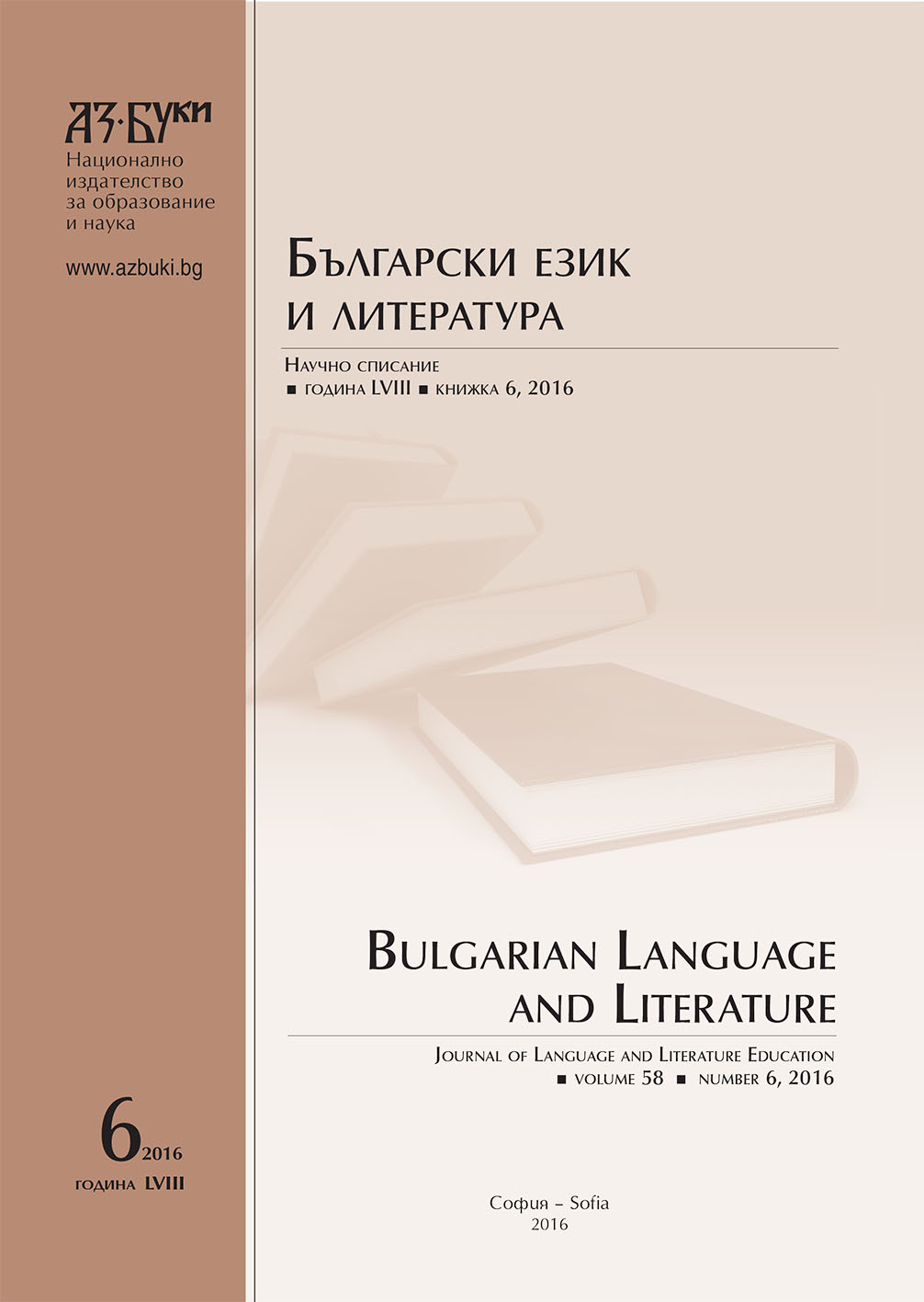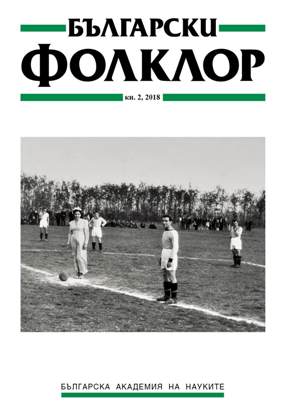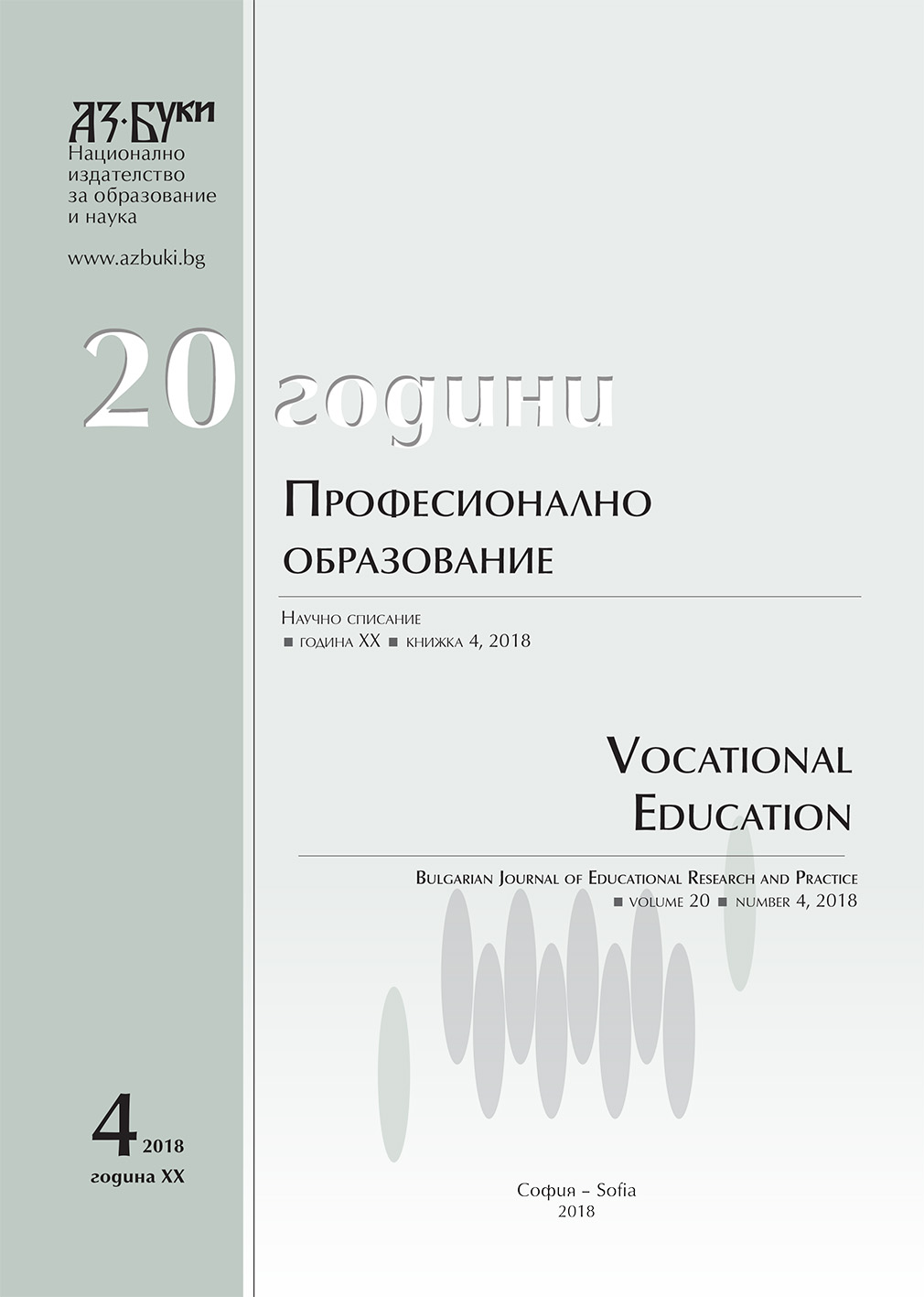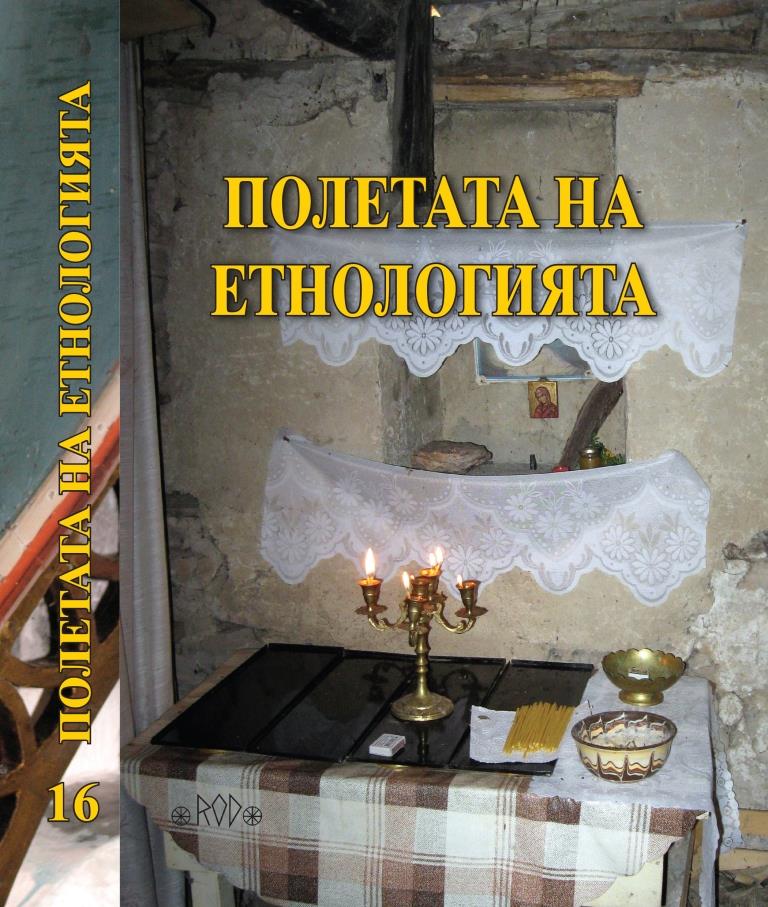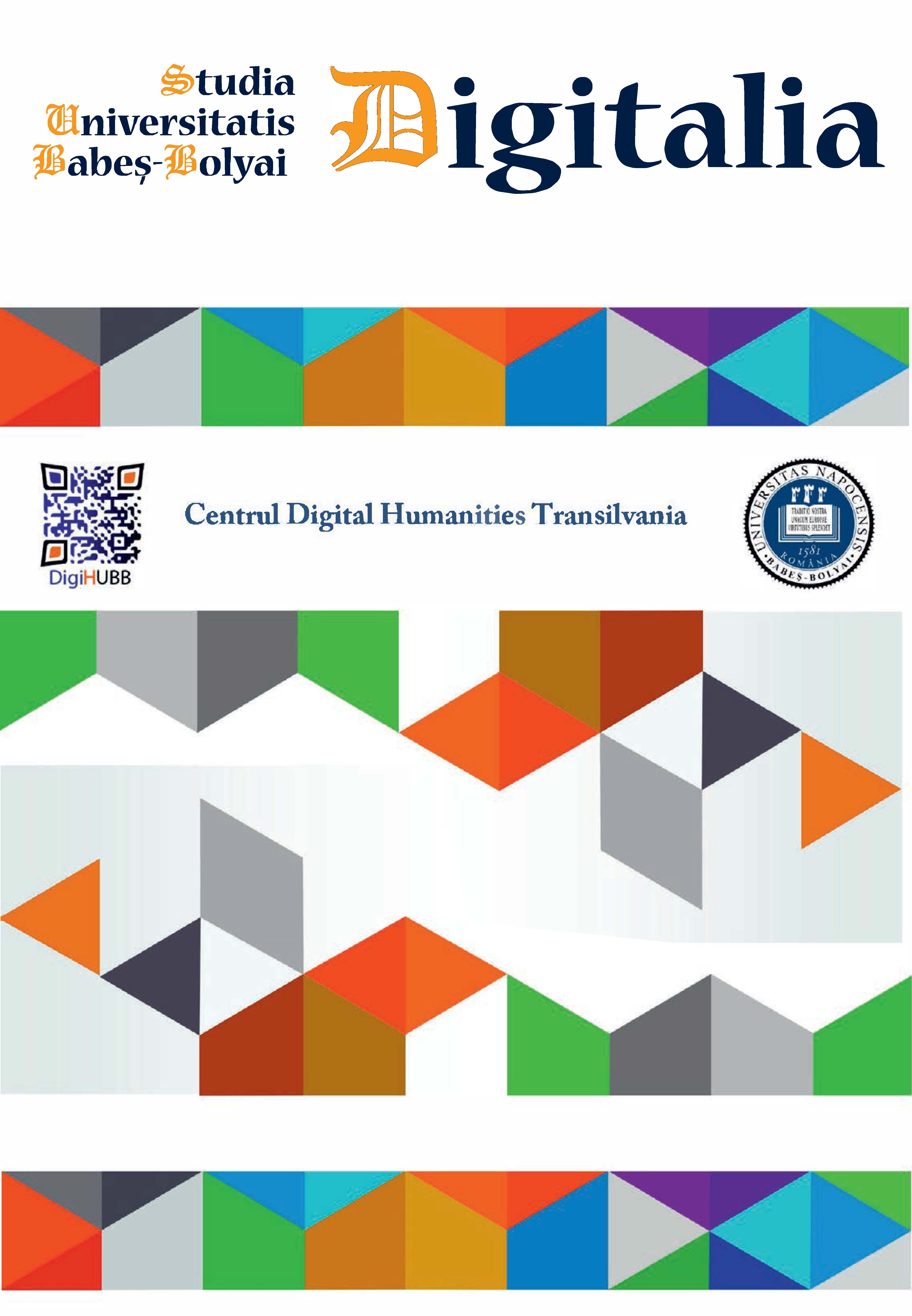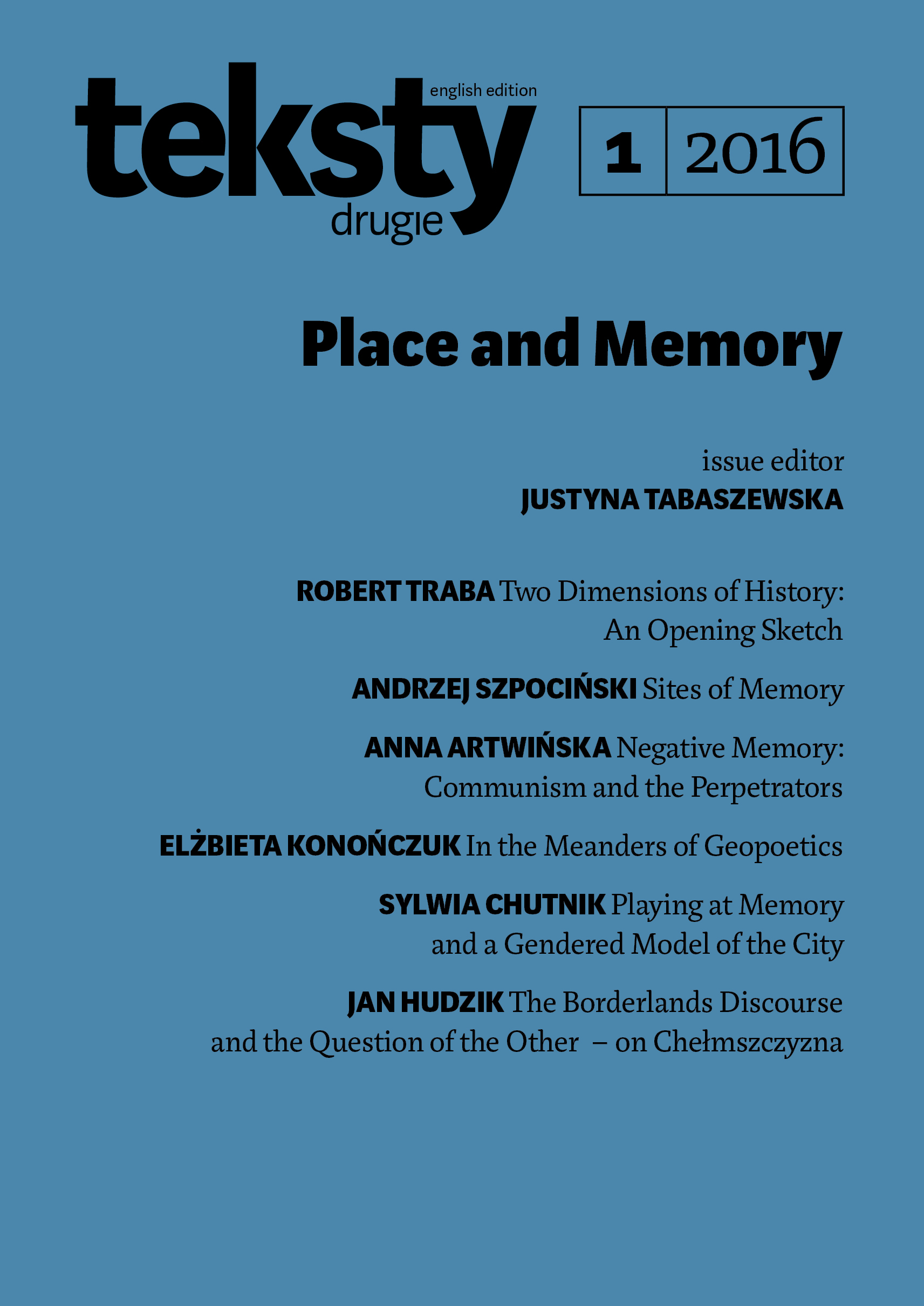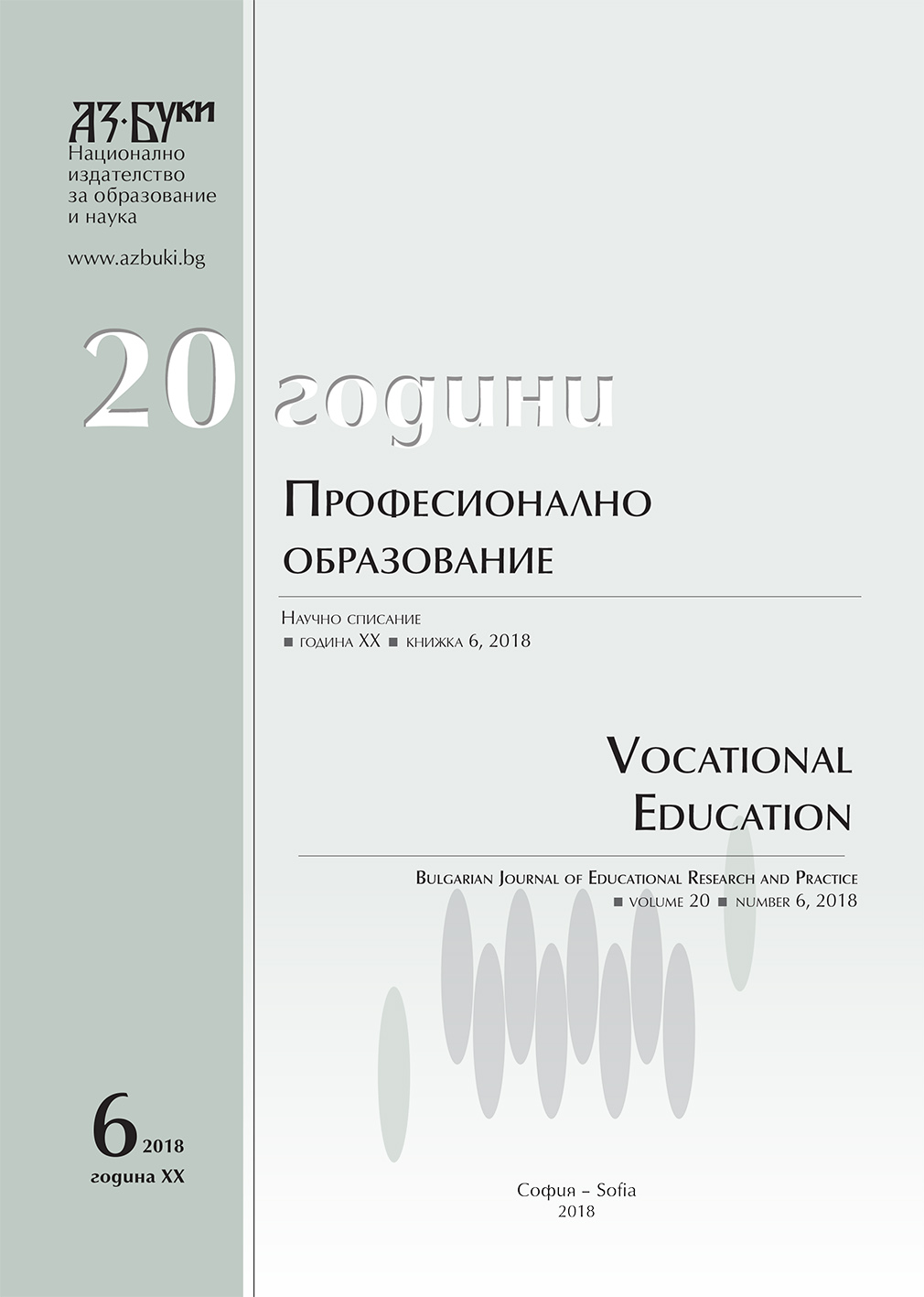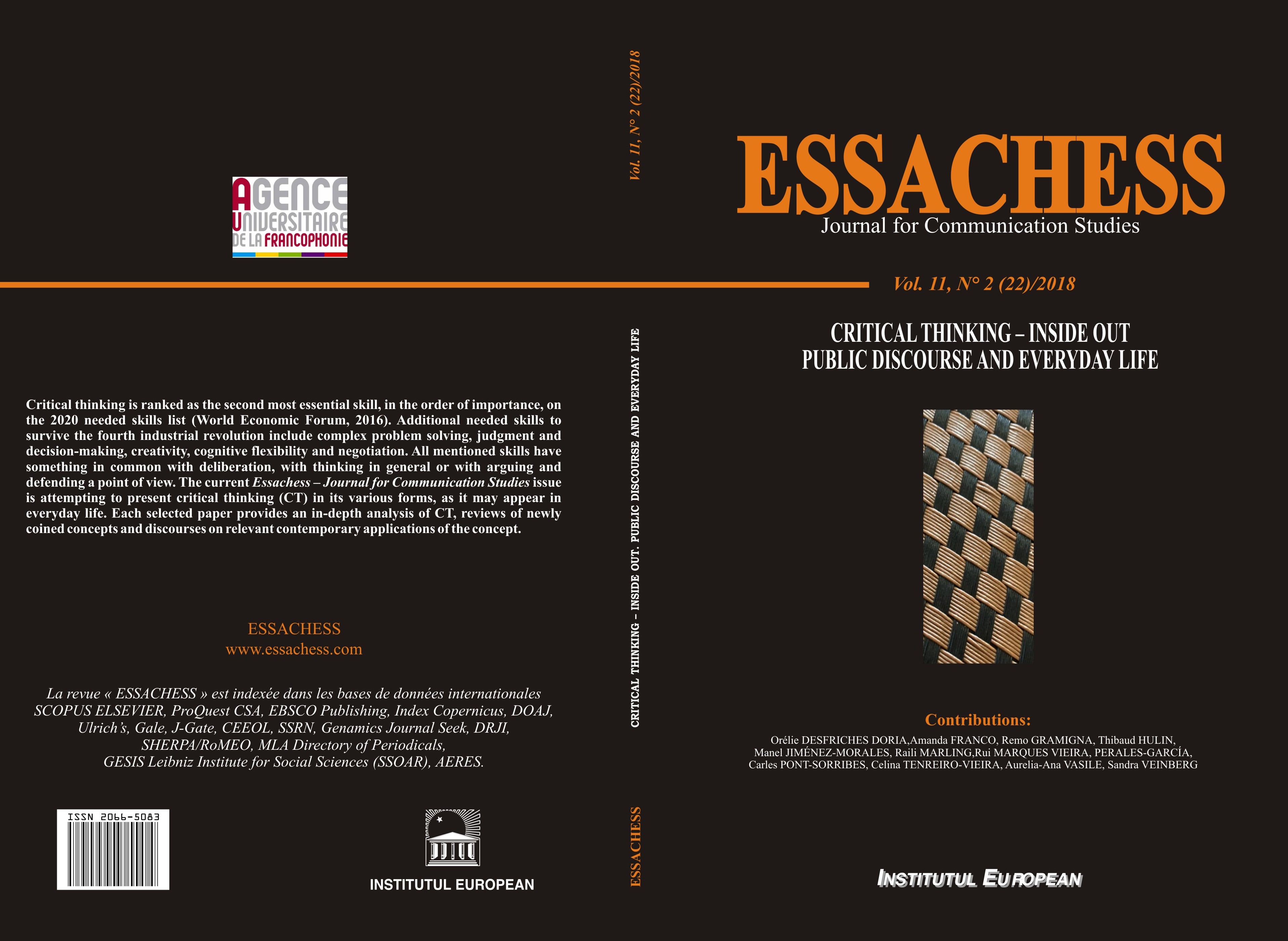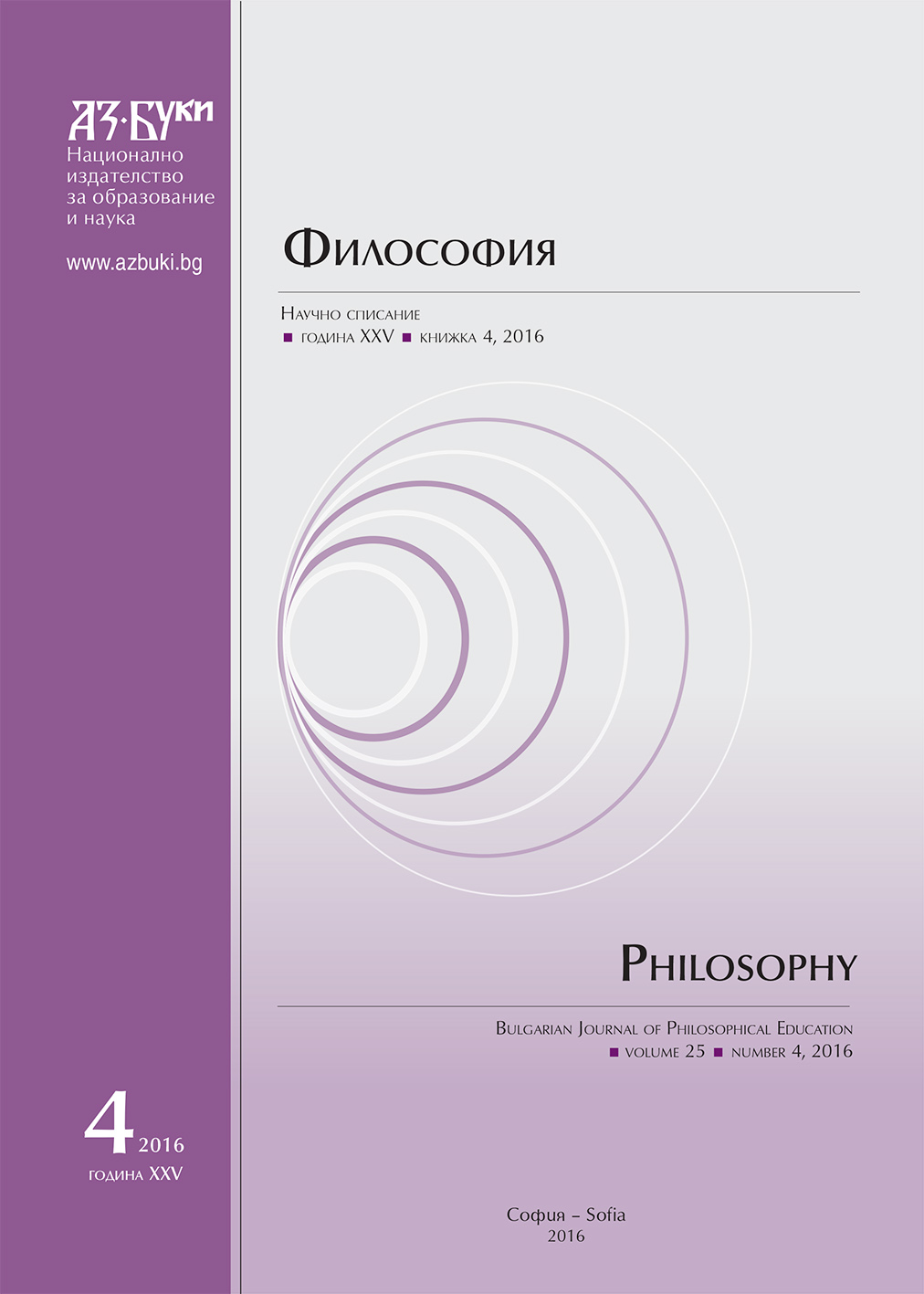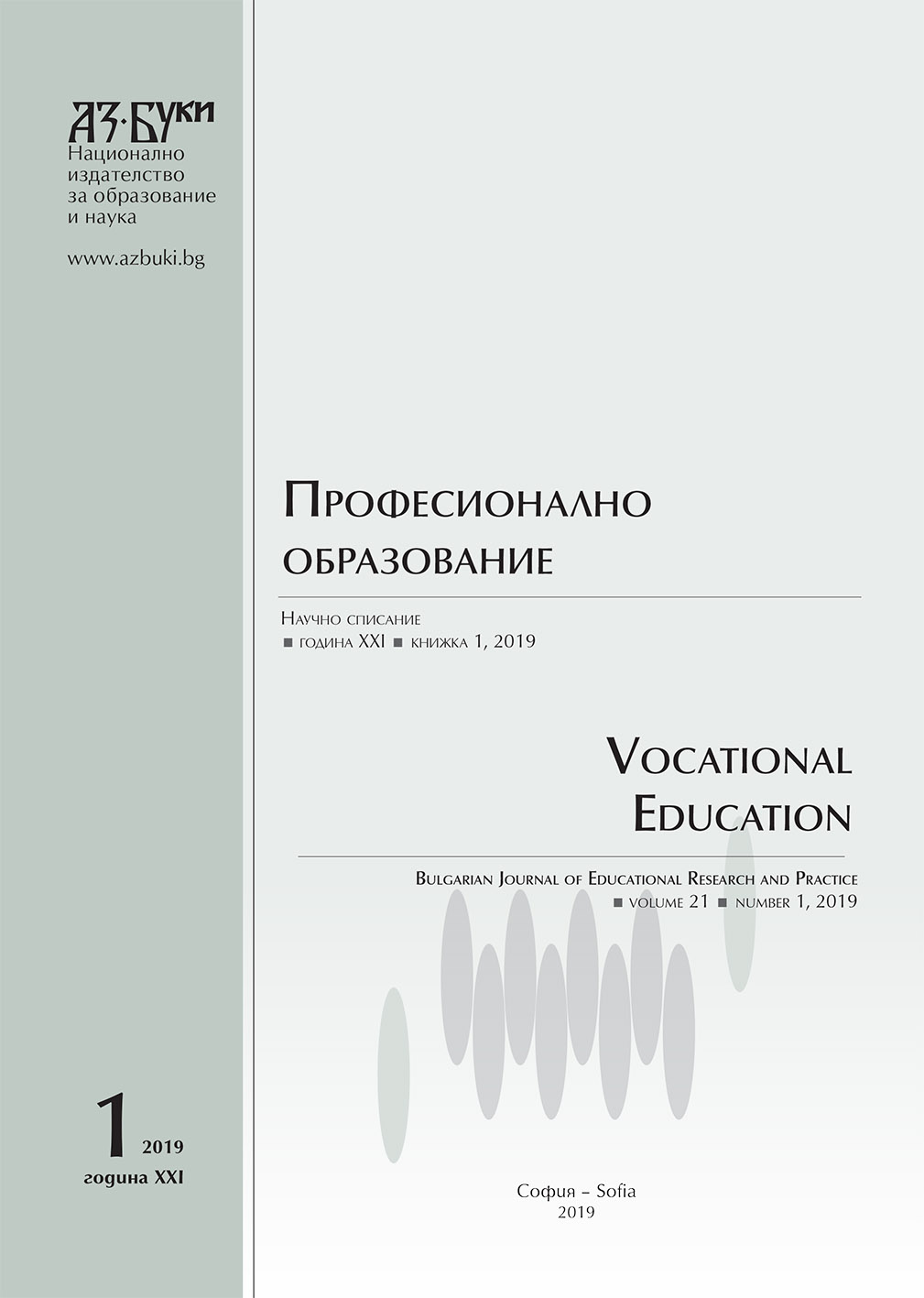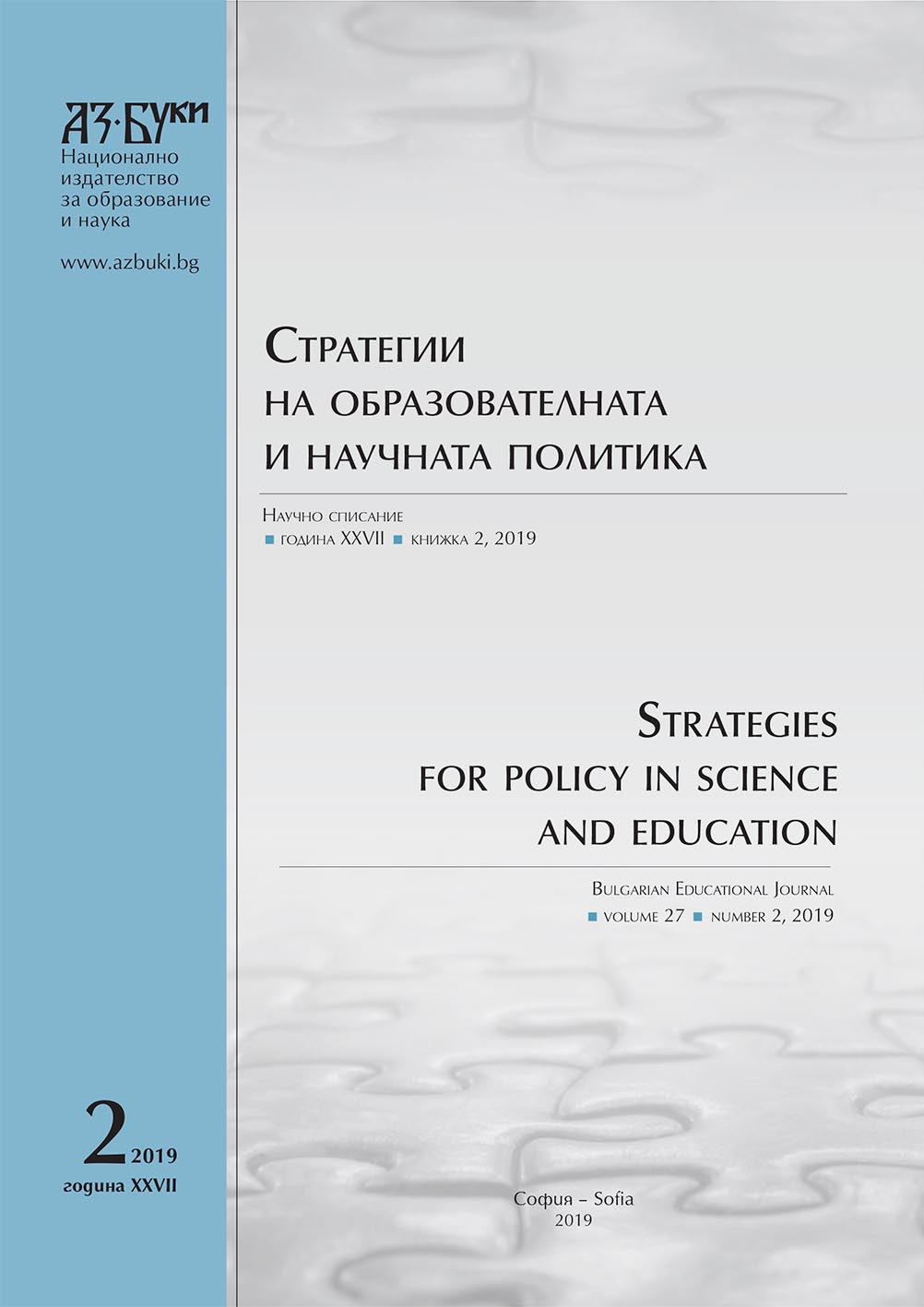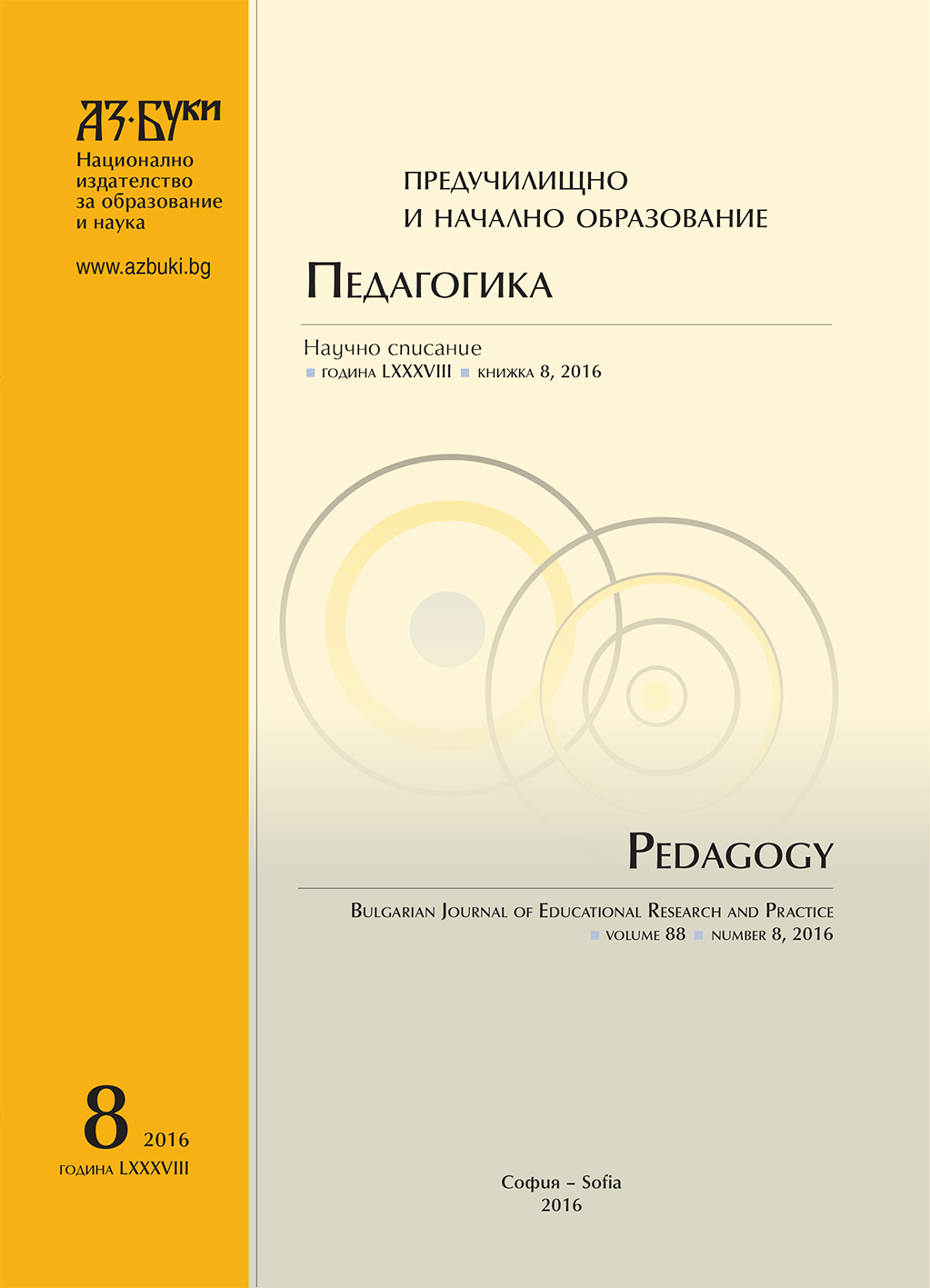
Възникване на модела за анатомично онагледяване „Екорше“ в обучението на медици и художници през епохата на Ренесанса
During the Renaissance in Italy, on the one hand, the physicians recognize the need for a practical study of human anatomy for the needs of medicine, and on the other hand, in the artists and sculptors arises the need to master the realistic portrayal of man. One of the means of achieving this objective is the knowledge of science anatomy, in particular – of the musculoskeletal system of man. The article deals with cooperation between artists and anatomists in this era, led to a number of discoveries in the anatomical illustration for scientific and didactic purposes of the muscular and skeletal systems and the emergence of a new model for anatomical illustration, called “Ecorche.” Outlined are the contributions of Leonardo da Vinci for anatomical visualization and prerequisites, which he created with his research in the field of anatomy, the emergence of a new model. It is noted that for centuries this model strongly influenced the teaching of anatomy, both painters and sculptors, as well as the medics, especially anatomists and surgeons. Presented are the most important authors, writings and illustrations (incl. statues) type “Ecorche” of those times that have affected anatomical editions over the next centuries. There is analyzed and commented upon the style of anatomical illustrations with figures “Ecorche” of the emblematic artists of the Renaissance and educational objectives that are placed through them.
More...
